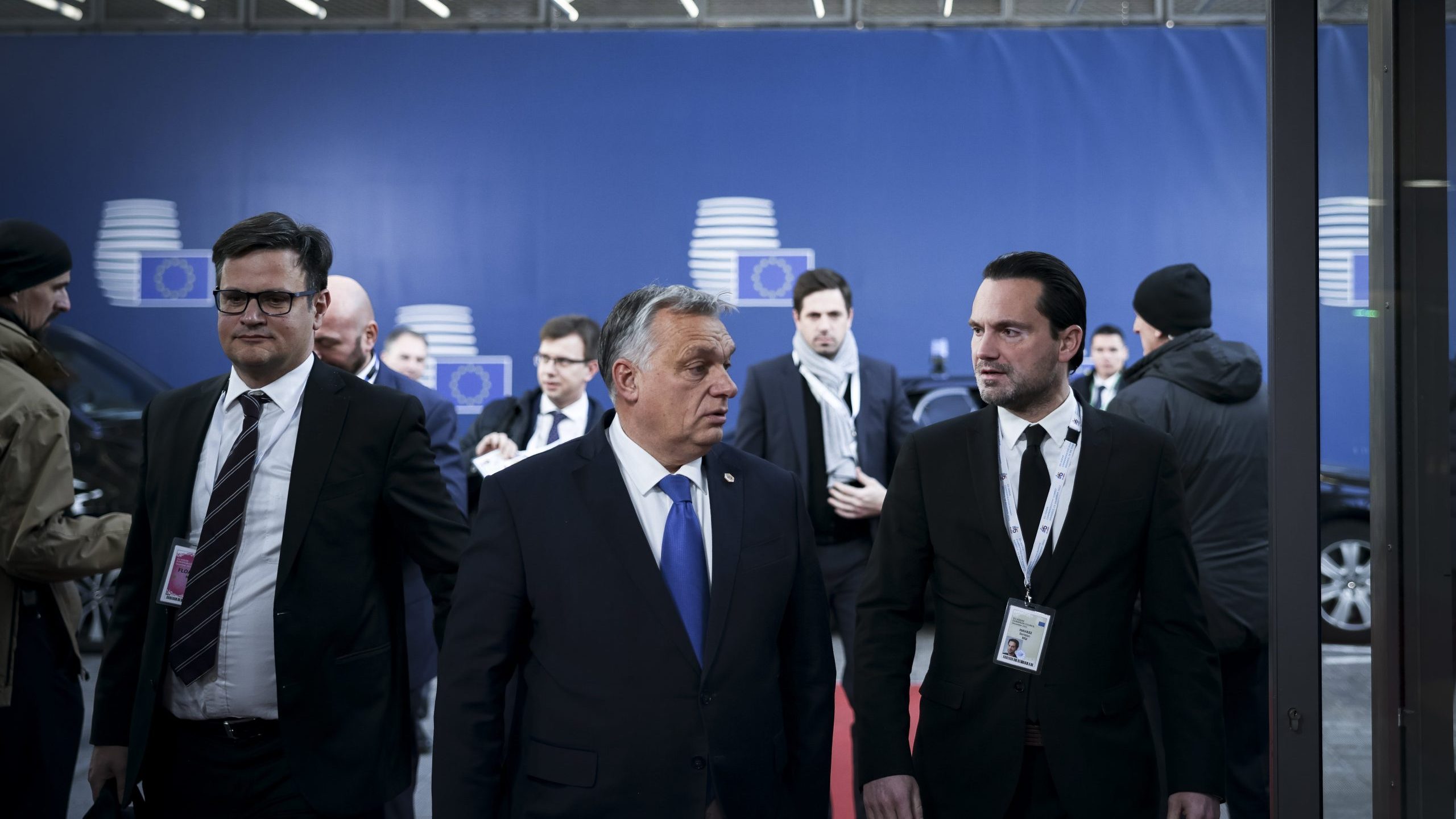
In the video message posted on his Facebook account, the Prime Minister said the summit of the heads of state and government of the European Union had finished.
At the same time, representatives of the Visegrád Four will later conduct a meeting with the Japanese Prime Minister, and another summit will also begin where they will meet with leaders from Asia, he observed.
He stressed that at the European summit “we successfully defended” Hungary’s right to border protection. He said in continuation that “we managed to fight off the pro-immigration proposals of Brussels bureaucrats” not on our own, but together with a few other countries.
Mr Orbán believes that the dispute remains: there are countries also at present which share the view that immigration is a positive phenomenon, Europe needs it, and therefore they will support proposals of this nature also in the future.
“And we are the other camp. We say that our borders must be protected, migration is a dangerous phenomenon, and each country should have the right to decide whether they wish to let anyone into their own territory”, he highlighted. They will continue the debate in December, the Prime Minister said.
According to insider sources, at the summit Austrian Chancellor Sebastian Kurz suggested that the European Union should adopt the concept of “mandatory solidarity”, each Member State should contribute to the management of the migration situation, but not necessarily by taking refugees in as there is no consensus on this.
The news portal Politico reported, in reference to an official who preferred to remain anonymous, that according to Kurz’s concept Member States could also opt for other forms of solidarity instead of the refugee quotas. One such form could be a financial contribution to the protection of the external borders.
According to the Brussels news portal, while Prime Minister Viktor Orbán “was unusually quiet during the summit”, at this point he chimed in to support Chancellor Kurz’s suggestion, saying it is “the best proposal”.
German Chancellor Angela Merkel, however, said she does not wish to move “from mandatory responsibility to mandatory solidarity”, and several other EU leaders also voiced similar views, the official said.

